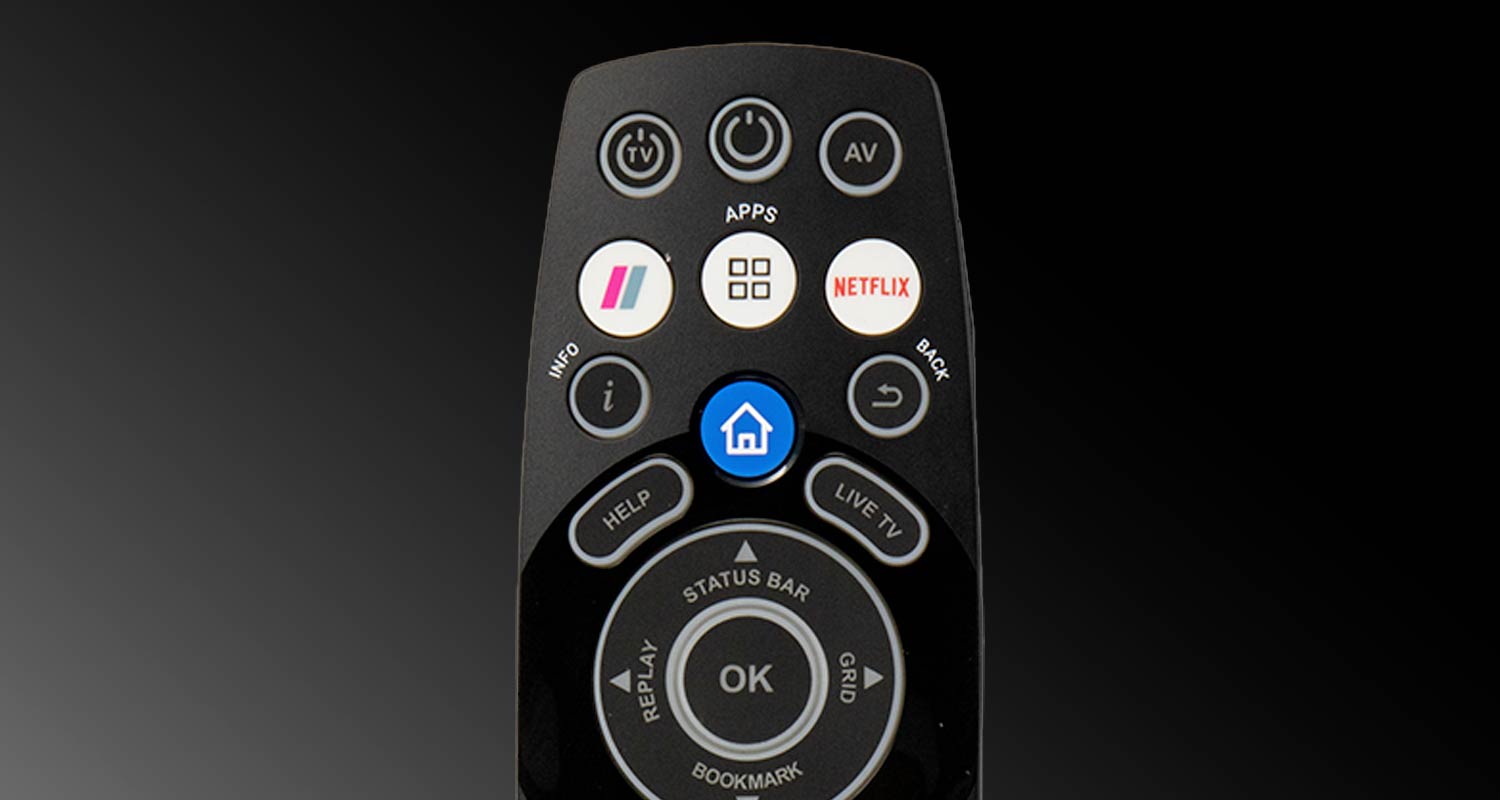 Since it was unbundled from Naspers and listed separately in 2019, pay-television operator MultiChoice Group has remained in the news – the latest development being its rejection of a R30-billion buyout offer by French entertainment giant Canal+.
Since it was unbundled from Naspers and listed separately in 2019, pay-television operator MultiChoice Group has remained in the news – the latest development being its rejection of a R30-billion buyout offer by French entertainment giant Canal+.
While five years ago we saw potential upside in MultiChoice, the landscape has changed substantially. After the recent price jump following the Canal+ offer, MultiChoice shares are, in our view, now trading at close to fair value and we’ve consequently exited the stock in most of our client portfolios.
On 27 February 2019, the MultiChoice Group was listed as a separate entity on the JSE after being unbundled to shareholders as part of a wider Naspers strategy to unlock the discount in the latter’s share price. At the time, Naspers shareholders each received one MultiChoice share for every one Naspers share owned.
Since then, MultiChoice has faced several challenges impacting the investment case for the group, not least of which were huge fines in some of the African countries in which it operates, regulatory changes, a ratings downgrade, existential competitive threats from global streaming services such as Netflix and Amazon Prime Video, and now a potential buyout. It seems investors are constantly having to make sense of a never-ending stream of new information relating to the broadcaster.
Amid these challenges, the MultiChoice share price hasn’t exactly shot the lights out since its listing – it has underperformed the All Share Index on a total return basis.
Five years ago, MultiChoice had sizeable “moats” – or key competitive advantages over potential rivals – the strongest being the quality of its content, including a leading local offering and sports broadcasting rights. However, it is starting to lose these advantages.
DStv, MultiChoice’s direct broadcast satellite television service that operates in 54 countries across sub-Saharan Africa, enjoys a majority market share mainly due to its sports broadcasting rights, which are key to subscriber retention. Over the long run, however, other players are likely to start giving the group a run for its money in this area.
Afcon drama
A case in point is the recent drama around the rights to the Africa Cup of Nations (Afcon) football tournament, which MultiChoice has broadcast since 1992. In January, the group declared its SuperSport service had secured the broadcast rights to the event – a week after it had announced it would not be airing it this year after failing to secure a sublicensing agreement.
Other competitive advantages once held by MultiChoice have started to unravel more aggressively. For example, with data costs having substantially declined over the past decade, the cost of switching to competitor products is now far lower. And the rival offerings are alluring – affordable mobile-only plans from Netflix and others have made it much more difficult for MultiChoice to retain subscribers.
Moreover, sole distributor agreements seem to be slowly falling by the wayside. For instance, HBO is no longer granting exclusivity to MultiChoice and is now also using Netflix to distribute its popular shows.
Read: Canal+ faces uphill battle to land MultiChoice deal
In South Africa, global streaming services Netflix, Disney+ and Amazon Prime Video seem to have been the most aggressive from a pricing perspective, given the wide range of content on their platforms. They have also been catching up in local content, which has in the past differentiated MultiChoice.
DStv still offers excellent local content, and MultiChoice has its own streaming service in Showmax, which should go a long way in defending market share. However, the price that MultiChoice can charge is limited by the competition. Put differently, if there is a mass migration from DStv to Showmax, this will likely come at lower margins than MultiChoice is used to.
 While the migration from linear broadcast pay-TV offerings such as DStv to streaming services is ongoing, and the pay-TV market in South Africa has been in structural decline for some time now, the two mediums could conceivably coexist over the long term. They are not mutually exclusive. Pay TV on the continent still has some runway, which is likely what has attracted the Canal+ offer – and there are definite scale benefits to combining the MultiChoice subscriber base with that of the leading operator of pay TV in French-speaking Africa. In fact, Canal+ has been buying up shares in MultiChoice since 2020.
While the migration from linear broadcast pay-TV offerings such as DStv to streaming services is ongoing, and the pay-TV market in South Africa has been in structural decline for some time now, the two mediums could conceivably coexist over the long term. They are not mutually exclusive. Pay TV on the continent still has some runway, which is likely what has attracted the Canal+ offer – and there are definite scale benefits to combining the MultiChoice subscriber base with that of the leading operator of pay TV in French-speaking Africa. In fact, Canal+ has been buying up shares in MultiChoice since 2020.
Whether or not the deal goes ahead in the long run, DStv will likely struggle to defend its profit pool or grow it in real terms. In South Africa, besides the high fixed costs of the business impacting profitability and the migration to streaming services, constant load shedding has also led to subscriber losses, particularly in the midrange customer segments.
Further afield, the tough Africa macroenvironment in which MultiChoice operates has created a potential share price overhang impacting the long-term investment case for the group. In Nigeria, which accounts for nearly half of MultiChoice’s non-South African revenue, the group has fallen foul of the authorities more than once, racking up huge fines in the process. Just this month MultiChoice announced that it had reached a settlement with the Nigerian federal government and agreed to pay taxes of around US$37.3-million (R700-million) – after in 2022 the group was served with a $1.27-billion tax claim for its Nigerian operations and a $342-million VAT claim.
In general, MultiChoice has seen large losses from its African operations over the years. While management has done a reasonable job in getting these businesses to breakeven, forex volatility and the cost of expatriating funds are likely to impact profitability over the long run.
The slow evaporation of the MultiChoice moat impacts the price-earnings ratio one can justifiably pay for the shares. While its South African operations are cash generative, this business is now mature and there is not much prospect of earnings growth over the short term. Africa outside South Africa is a poor-quality earnings stream. Showmax may eventually deliver a fair margin, but it comes with potential execution risks.
Read: MultiChoice tells Canal+ to take a hike
On a risk-adjusted basis, with only modest upside left in MultiChoice, Sanlam Private Wealth has sold the share from most of our clients’ portfolios. We’ve taken a fresh look at the group’s prospects, and it’s not a business we would like to own over the long term. We decided to wait for the long-expected buyout offer before exiting at a price close to our own fair value. In our view, on a risk-adjusted basis, there are more compelling stocks to buy into in our relatively cheap South African market.
- The author, Dumisani Chiume, is an investment analyst at Sanlam Private Wealth




